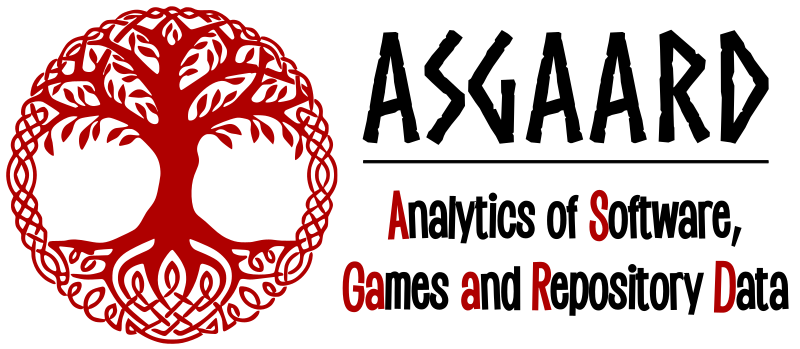Mohammad Reza’s paper “Searching bug instances in gameplay video repositories” was accepted for publication in IEEE’s Transactions on Games! Super congrats Mohammad Reza!
Abstract: “Gameplay videos offer valuable insights into player interactions and game responses, particularly data about game bugs. Despite the abundance of gameplay videos online, extracting useful information remains a challenge. This paper introduces a method for searching and extracting relevant videos from extensive video repositories using English text queries. Our approach requires no external information, like video metadata; it solely depends on video content. Leveraging the zero-shot transfer capabilities of the Contrastive Language-Image Pre-Training (CLIP) model, our approach does not require any data labeling or training. To evaluate our approach, we present the GamePhysics dataset, comprising 26,954 videos from 1,873 games that were collected from the GamePhysics section on the Reddit website. Our approach shows promising results in our extensive analysis of simple and compound queries, indicating that our method is useful for detecting objects and events in gameplay videos. Moreover, we assess the effectiveness of our method by analyzing a carefully annotated dataset of 220 gameplay videos. The results of our study demonstrate
the potential of our approach for applications such as the creation of a video search tool tailored to identifying video game bugs, which could greatly benefit Quality Assurance (QA) teams in finding and reproducing bugs. The code and data used in this paper can be found at https://zenodo.org/records/10211390”
A preprint of the paper is available here.
